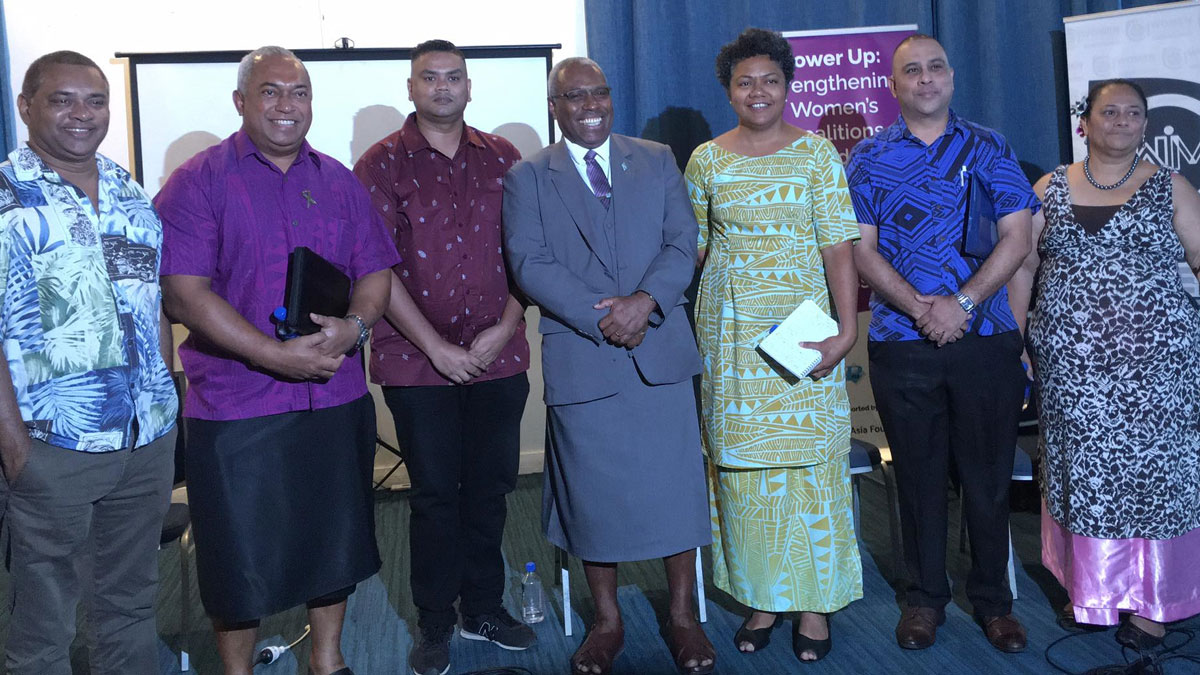
Attorney General Siromi Turaga says the illicit drug issues in Fiji are in a really big mess today as he has been informed that those involved included some people at the top which probably means someone who held the authority and control.
Turaga highlighted this during a Fijian Media Association panel discussion at the World Media Freedom Day celebration at Albert Park.
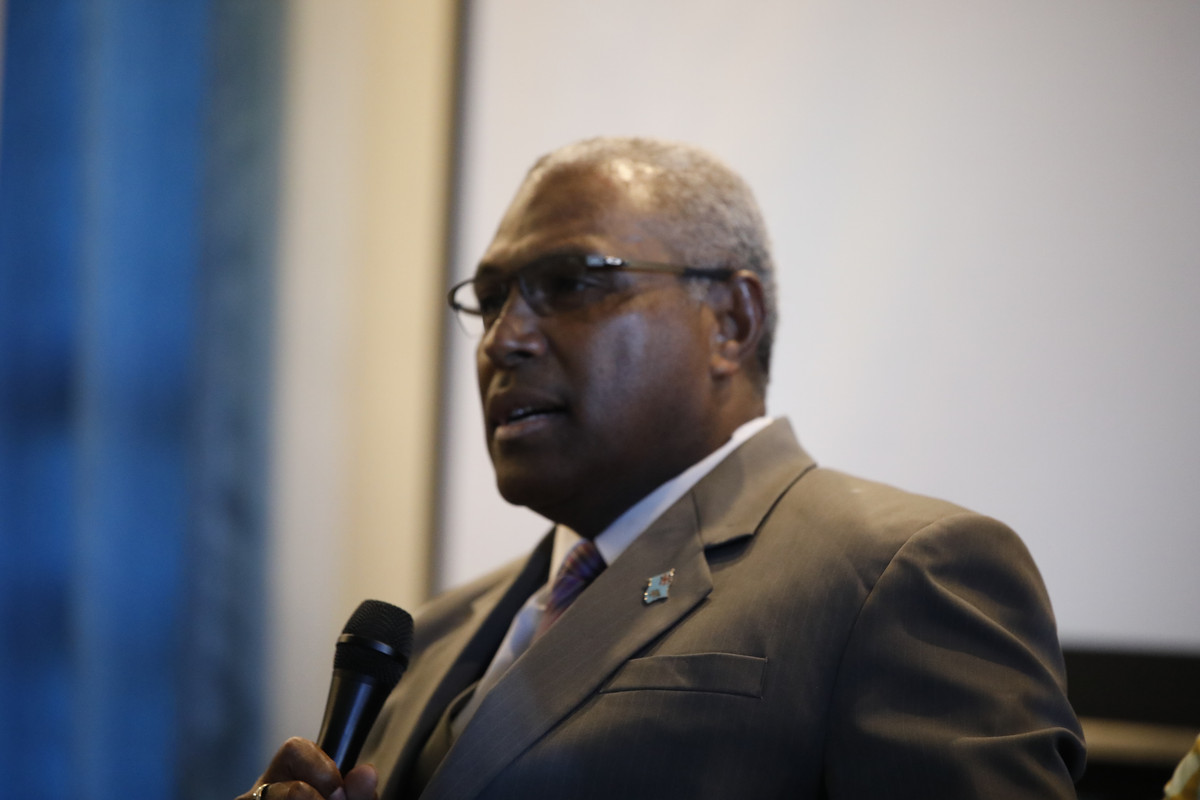
The Attorney General says because there was no concrete action from the previous government to address this issue, particularly from the law agencies, that is why Fiji is in this mess. He says when you hear that drugs are missing from Police Stations, that is a major concern and later on when you hear that the suspects who have been arrested for drugs are later released, that is another serious concern.
He adds because of confidentiality issues, he is following up with this information and says all he knows is that Fiji is in a really big mess.
He adds it is mindblowing to hear some of this information.
The Attorney General went on to say that there has also been a rise in HIV/AIDS cases in schools in which the youngest victim is 10 years old.
He says the confirmed number of AIDS cases in Fiji over the past 3 three months is almost more than half of the total number of AIDS cases last year.
Turaga says all these things are caused by the usage of illicit drugs and has urged the media to reach out to faith-based organisations and the vanua to get their opinions on what they are also doing to combat this issue.
Turaga says the government is working on having a drug rehabilitation centre and says that is a challenge for the government and they cannot complain but look for the solution to it.
Fijian Media Association executive and fijivillage News Director, Vijay Narayan says this illicit drug issue has been there all these years but it was not being revealed in detail to the media on how bad the situation was.
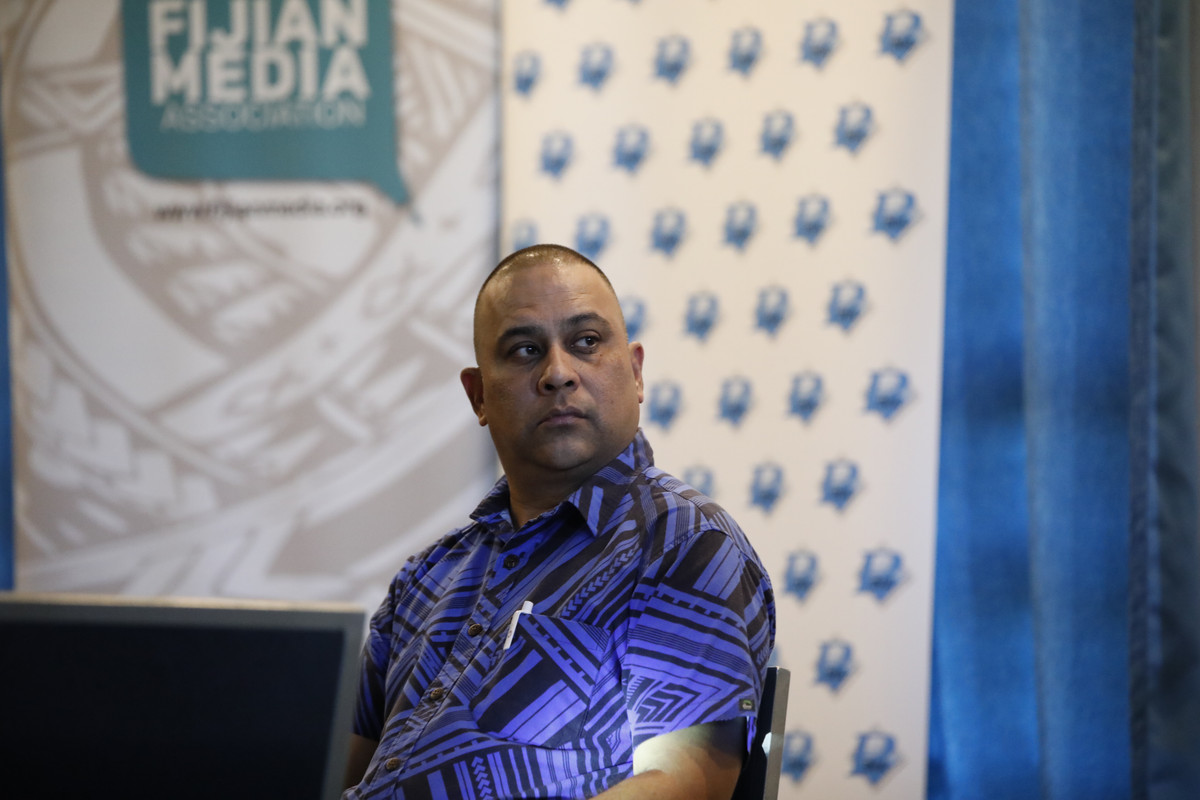
He says for many years he has been asking the questions about these hard drug cases and they were told that most of the information was not correct.
FMA Vice President and Fiji Times Editor in Chief Fred Wesley says over the years, the media organisation has been asking the questions about these illicit drug issues, and have been given a scenario that marijuana is the biggest drug issue in Fiji.
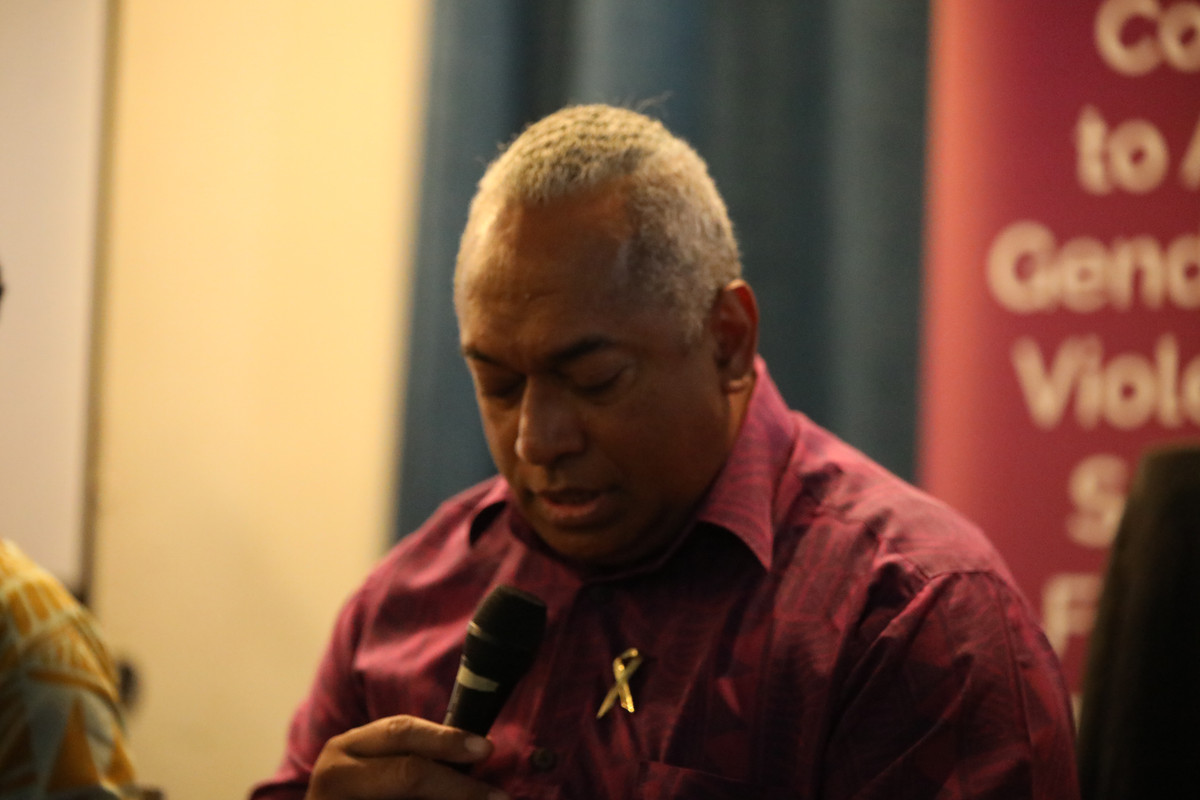
Wesley says it was not until this year when the biggest drug bust that happened in Legalega, Nadi where 4.1 tonnes of methamphetamine was seized which reflected the fact that this issue has been around for some time.
He says this issue did not just pop out of nowhere and everyone has a responsibility like the media organisations in highlighting this and also the responsibility of the government to sort out the rehabilitation centres.
FMA President and Fiji Sun CEO Rosi Doviverata says what also has been lacking is the connecting of the dots in these social issues like illicit drugs, human trafficking and other serious matters.
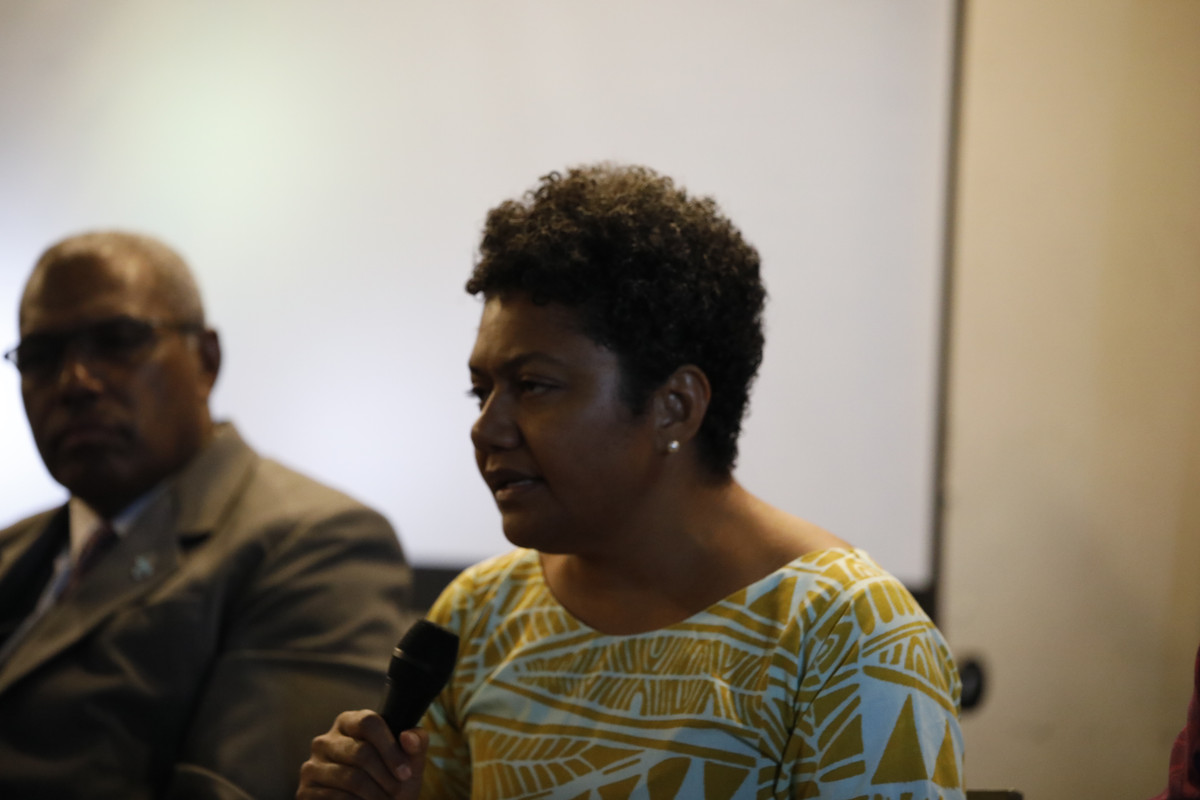
Doviverata says seeing that the Ministry of Defence has only been allocated $10,000 by the government for this human trafficking issue, she says it is an area that the government needs to invest more in to.
Fiji Media Council Chair Agatha Ferei-Furivai says this is a growing concern now maybe because people are starting to read more of it in the media.
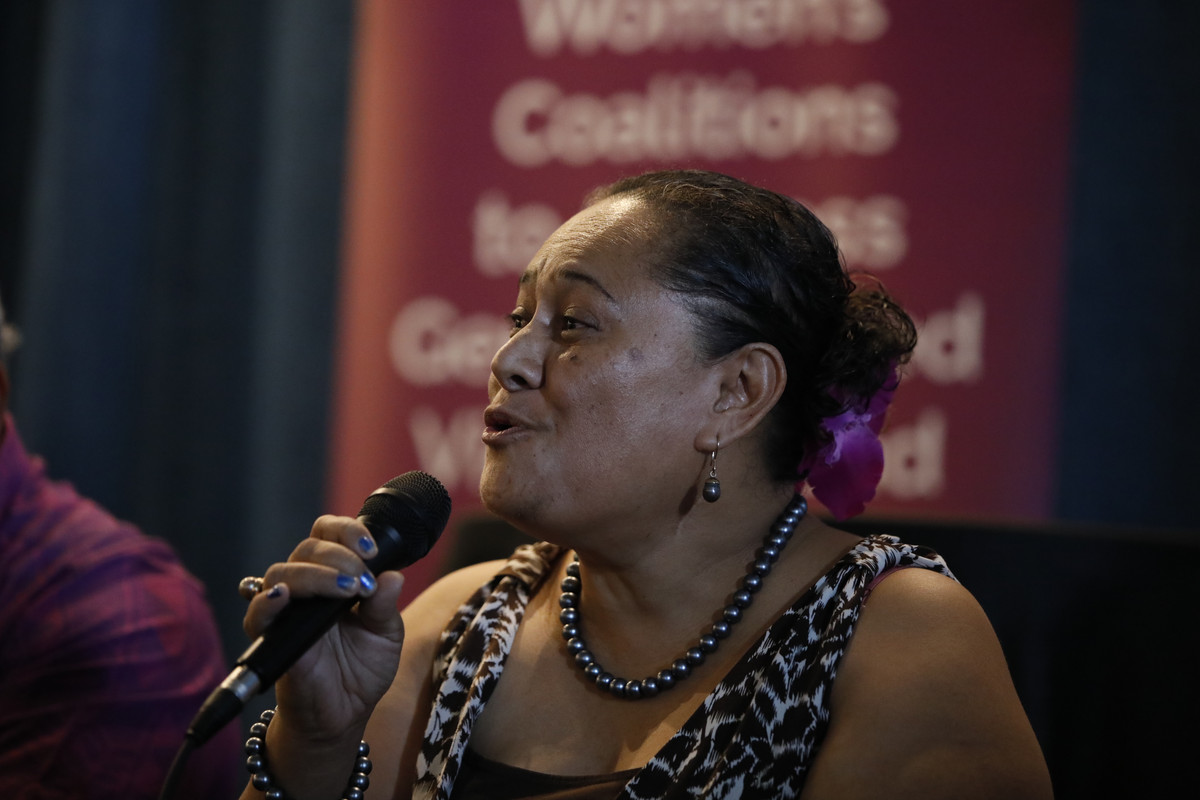
She says she thinks what is important is that there should be follow ups undertaken and reporters need to investigate more on factual information before reporting.
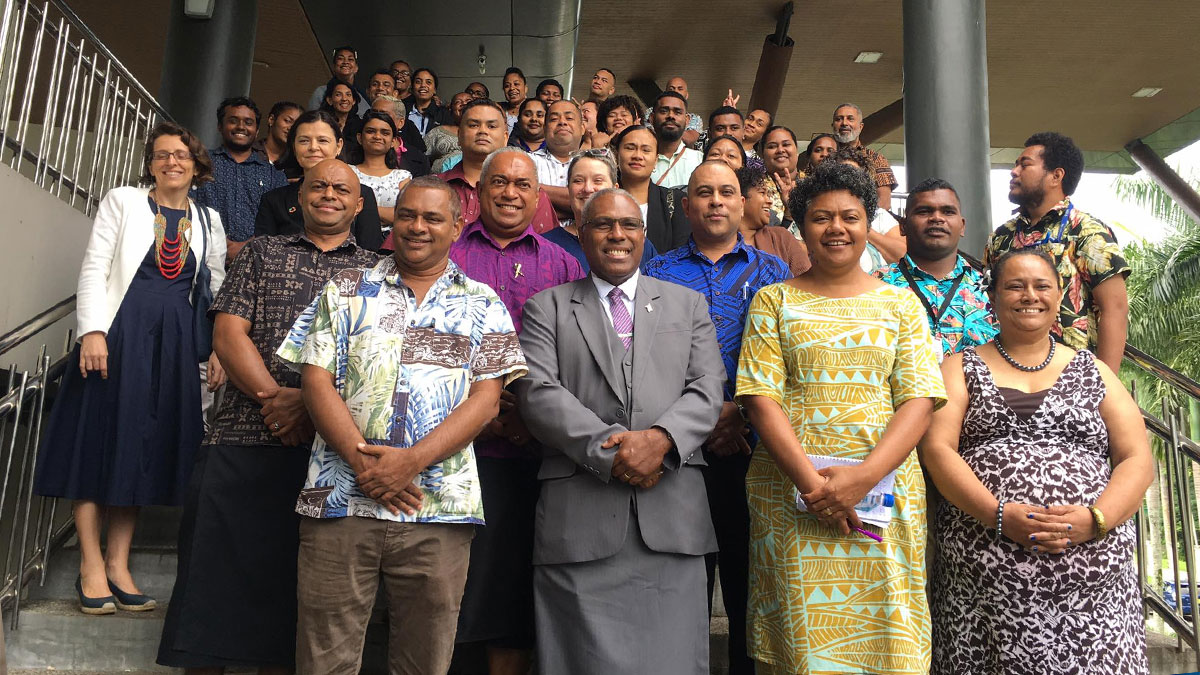
Despite the challenges faced by journalists in the last 16 years, they still persevered and updated the public on the situation on what is happening in our country and around the world.
Attorney General, Siromi Turaga made these comments while speaking at the Fijian Media Association World Press Freedom Day 2024 at Albert Park today.
Turaga says press freedom is not just a privilege but a fundamental human right, essential for upholding democracy, fostering transparency and promoting accountability.
Turaga acknowledged the work that journalists do as a press service and have a one-stop for society by striving to make those with power accountable, the uncover truth and be the voice of the voiceless.
The Attorney General says many journalists have been victims themselves in trying to break stories and are facing intimidation, threats and also verbal physical violence to pursue truth and justice.
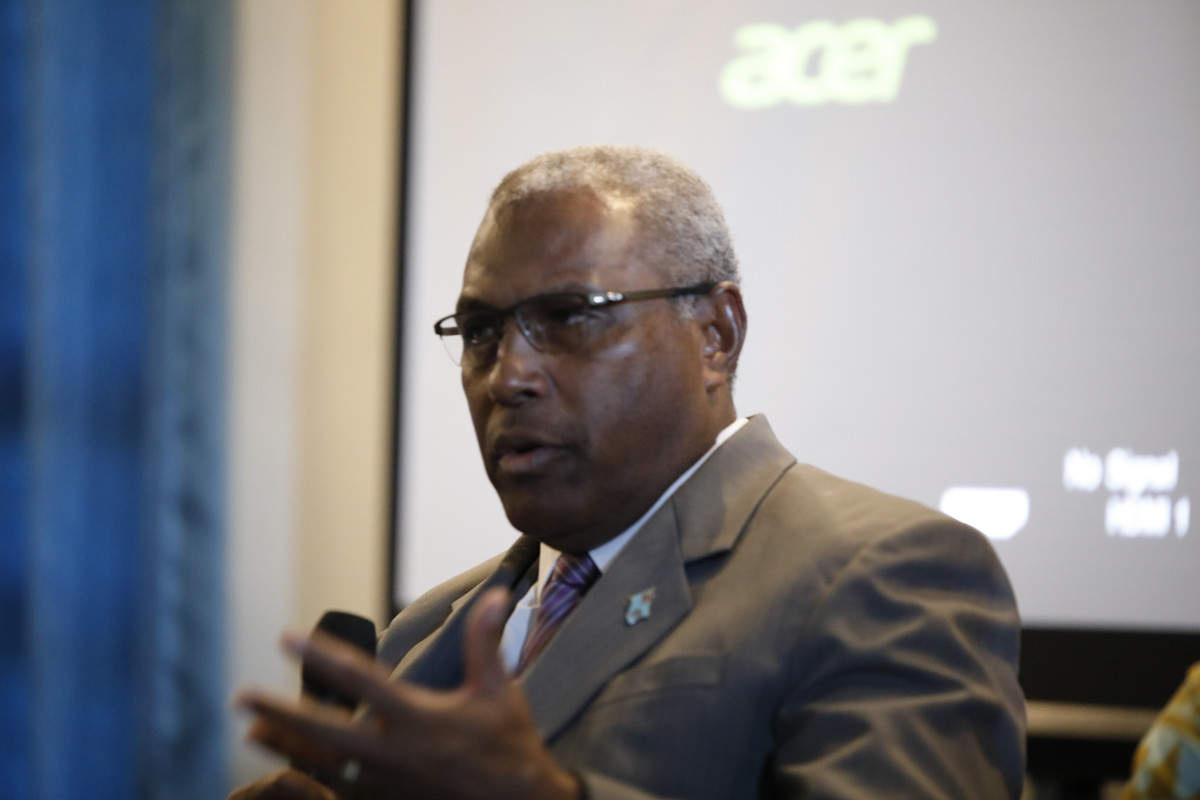
Turaga says despite these dangers, journalists remained focused on their commitment to shining light on the issues that matter, even when the majority stands against them.
He adds the repealing of the Media Act last year signifies the positive steps towards media freedom in Fiji. Insert: Turaga on media act IB 8th May He adds every news reporter must report freely and without fear.
Pacific Islands Forum Secretary General, Henry Puna says press freedom is something not to be remembered once a year but every day. Puna says the strong and thriving Pacific future for our people needs to have a strong, resilient and thriving media.
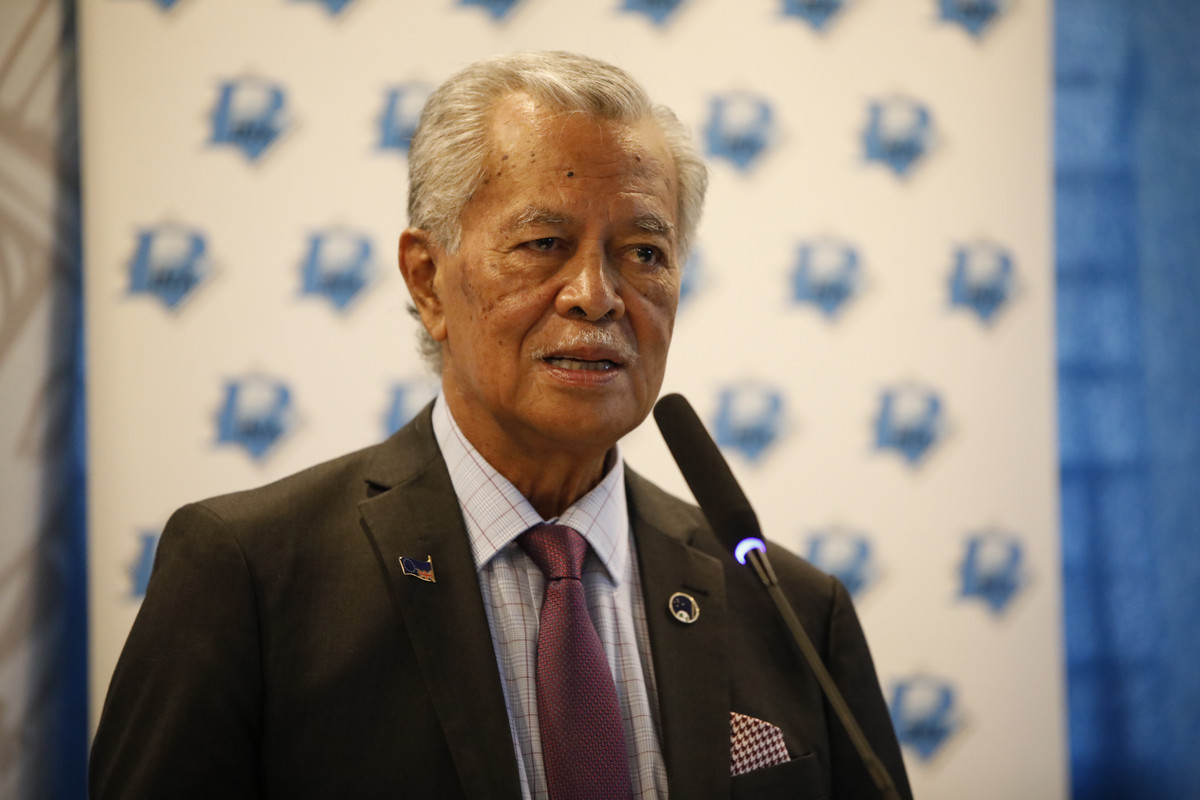
He says the work and commitment of the media in the Pacific give credit to the Pacific way. Insert: Puna on journalist IB 8th May
He is reminding the journalists that their work and leadership must be able to withstand the same level of scrutiny and standards that they apply to others which will ensure they do their jobs well and serve the public to trust in their efforts.
The theme for this year is A Press for the Planet: Journalism in the face of the environmental crisis.
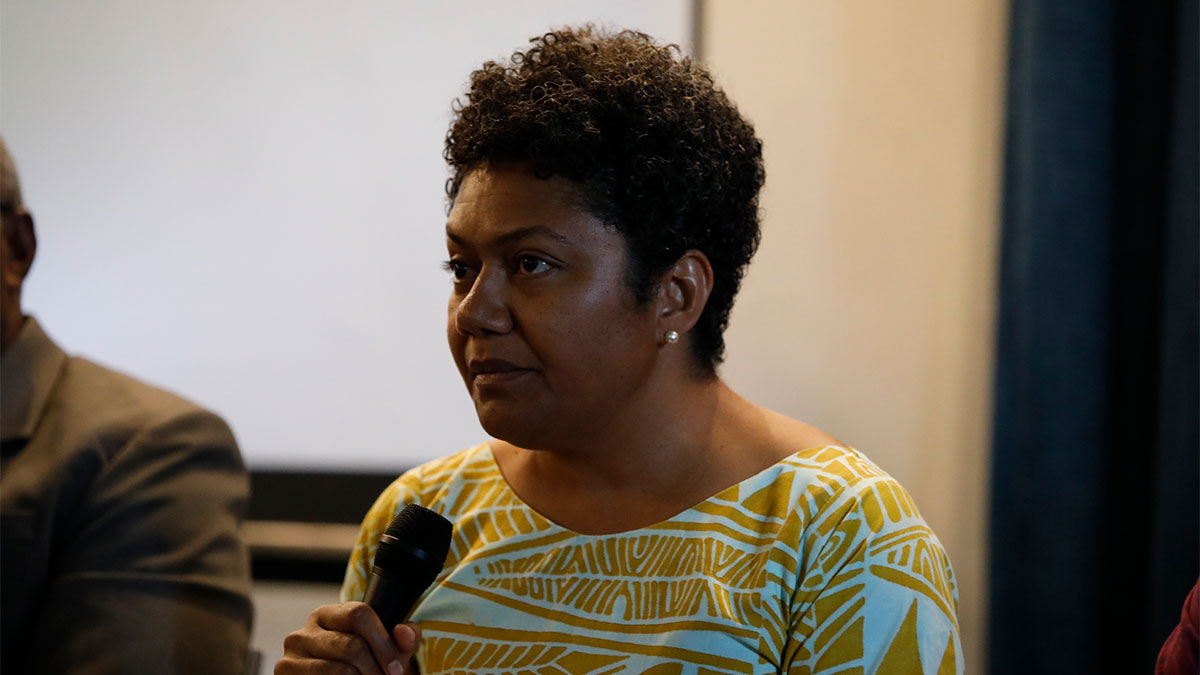
Fijian Media Association President and Fiji Sun Managing Editor Rosi Doviverata says while the media is appreciative of the repeal of the Media Industry Development Authority Act, a lot still needs to be done.
While speaking during a panel discussion on the topic of Navigating Fiji’s Media Landscape: Reflections on a Year of Change for FMA World Press Freedom Day, Doviverata says there are open door policies but asks what does it mean when current ministers, permanent secretaries and officials who are empowered to talk to the media do not respond.
She says how difficult then, is the practice of journalism if there are still blocks to information flow between the powers that be and journalists who are acting on behalf of the public.
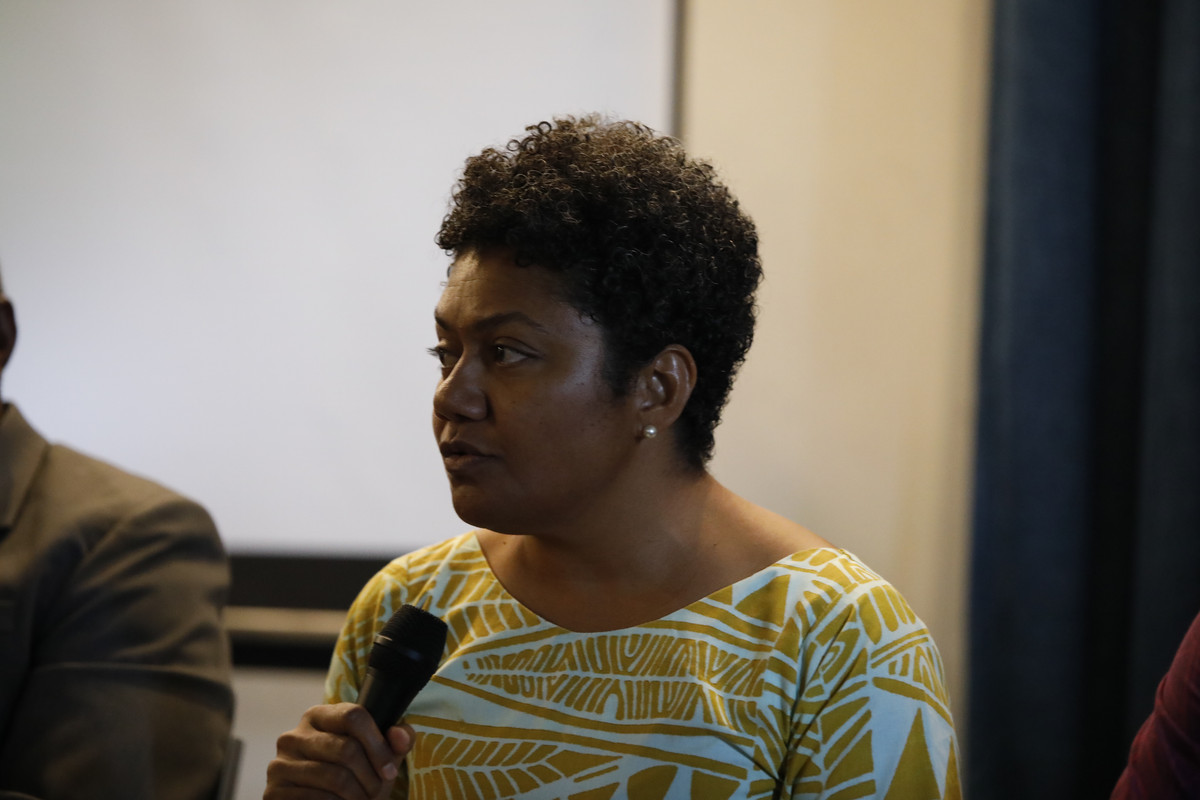
She says government’s support media freedom can no longer be a lip service and government needs to put their money where their mouth is.
She says newsrooms are closing down around the world and we see news deserts emerging in a rapid scale that we've never seen before and for Fiji, while government can guarantee media freedom, more needs to be done.
While giving the example of what happened in New Zealand during COVID where the New Zealand government set aside funding for newsrooms that were facing challenges during that time, Doviverata says newsrooms here face challenges of trying to survive and perhaps it is time that government can also do the same and consider that.
Attorney General Siromi Turaga says the government stands firm and they have an open door policy. Turaga says they are still new kids on the block and he does not see any minister reluctant to speak to the media.
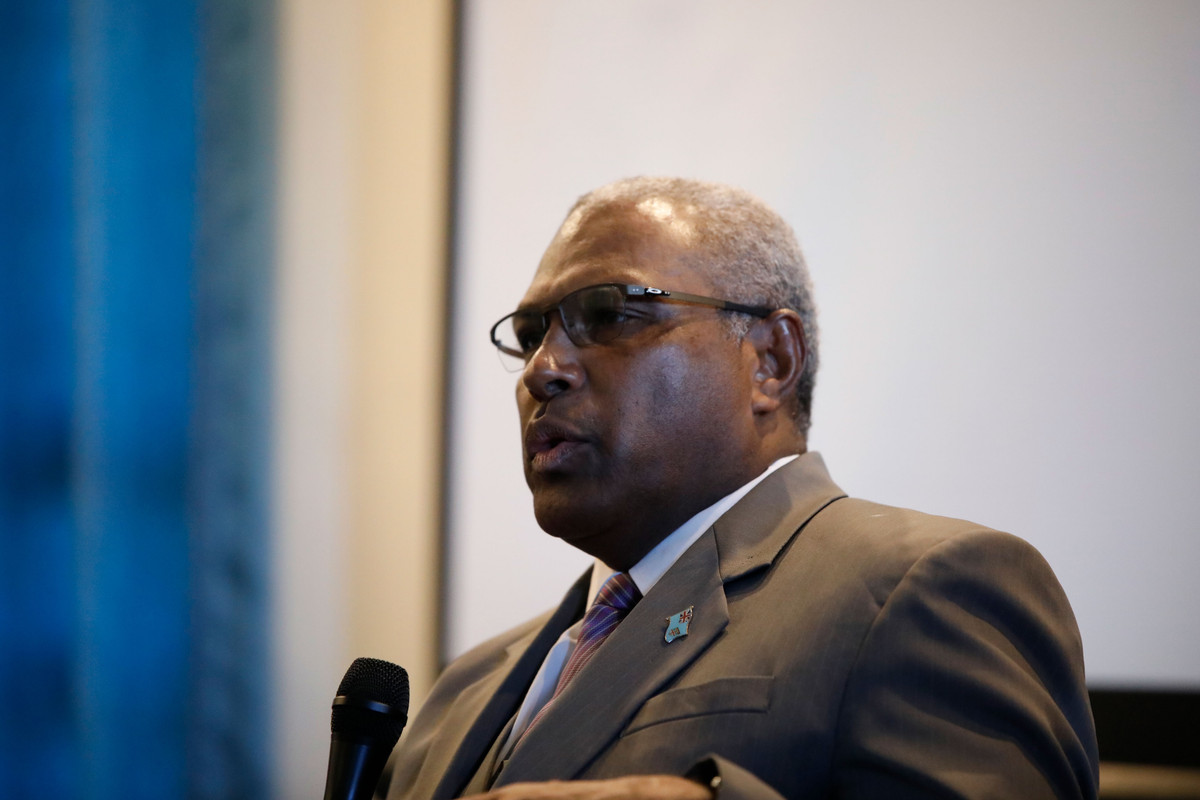
FMA Vice President and Fiji Times Editor, Fred Wesley says freedom of expression is essential in a democracy and we saw how the power of the people forced the government to reconsider the estimated budget allocation for the National Economic Summit in 2023 for instance.
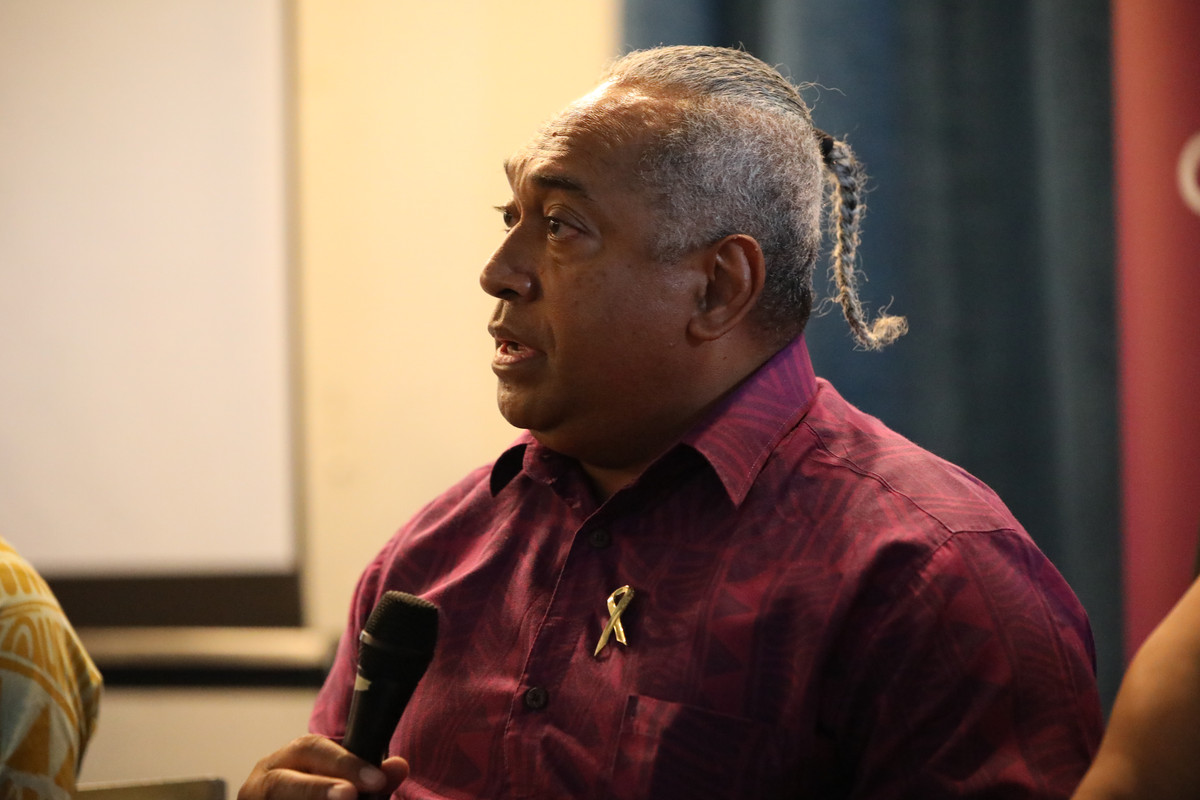
Wesley says this is what it is all about - people holding power to account and the powers that be, in this case, the government responding.
He says the ability to express opinions freely is a cornerstone of a healthy democracy, and there is a greater appreciation for democratic values.
FMA Executive and fijivillage News Director, Vijay Narayan says for any strong democracy, the true test of the system is if it has media freedom which is one of the strongest pillars of democracy, to ensure that we can question without fearing.
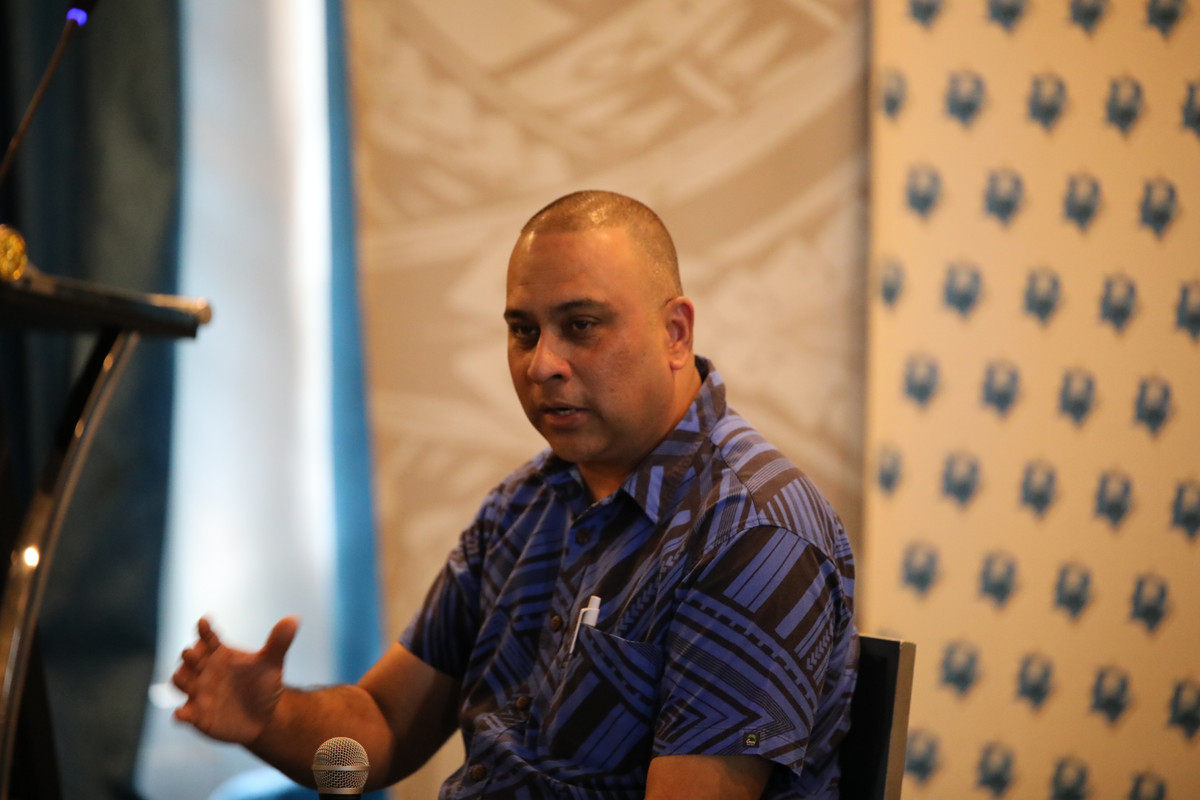
He says the attacks and intimidation became a norm for some of the journalists and they knew this would come but they just continued to go in that direction to inform the people of this country on what was happening.
He says for journalists, this is a calling to serve the people of the country and to hold those in power accountable without fear or favour.
Narayan says a lot of work lies ahead for the media industry because the intimidation is not there but the media needs to urgently focus on critical issues that affect the people which include drugs, water woes and the health crisis. He add we have to ensure that self regulation continues and that is the promise they have all made.
Stay tuned for the latest news on our radio stations

